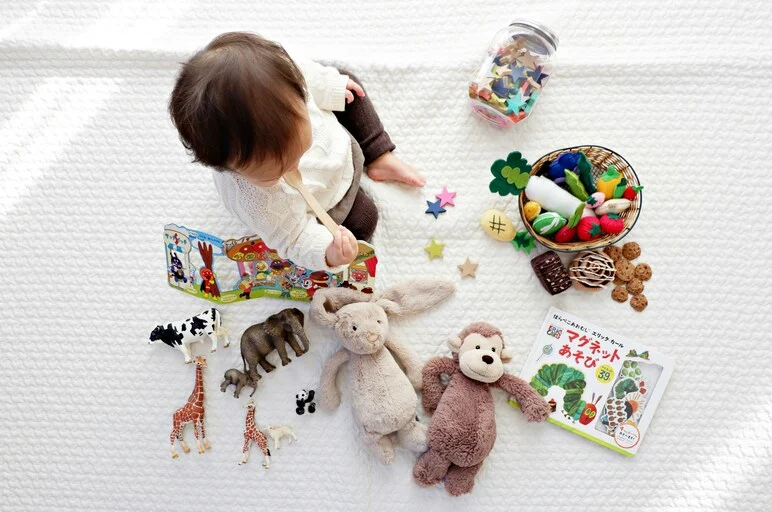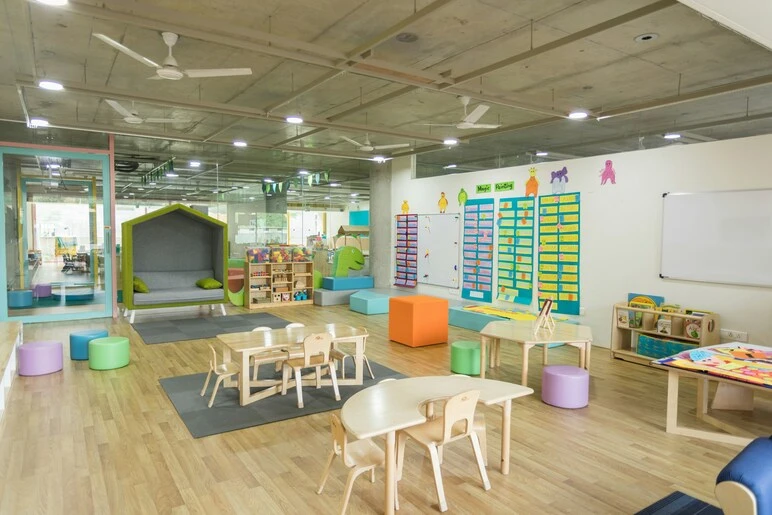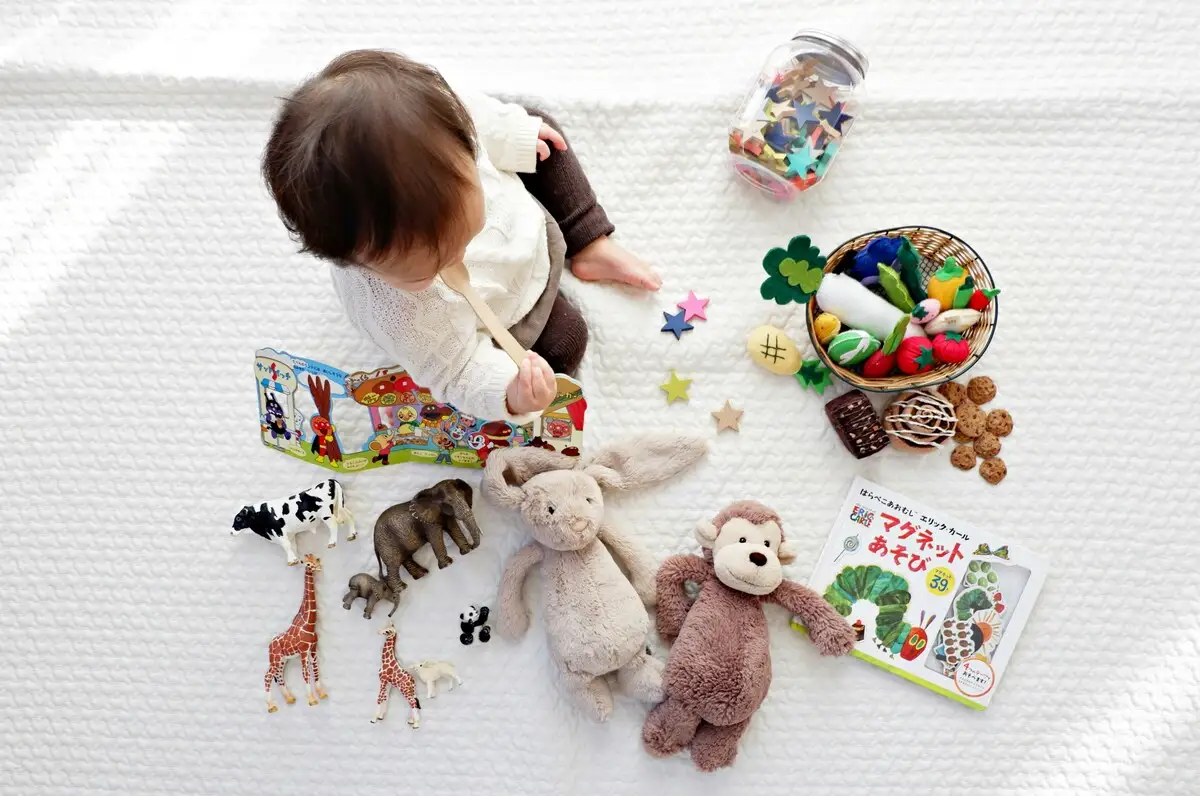
Look past the pure innocence of a youngling. Has it ever crossed your mind that there’s more that rests quietly beneath the visible?
Science tells us a far more astonishing truth. An infant is one of the most extraordinary minds on the planet: a learning engine of unparalleled sophistication.
Those delicate fingers and searching lips are precision instruments, quietly surveying an unfamiliar world with greater nuance than any device we could design. The tiny, crumpled ears are already translating chaotic noise into the architecture of language. And those observant eyes—so often seeming to meet your own with uncanny understanding—are indeed decoding your emotions with remarkable accuracy. Beneath that downy crown lies a brain that forms millions of new connections every single day.
The pace of early brain development
In the first five years of life, a child’s brain grows with breathtaking speed that’s even faster compared to any other chapter of human development. By age five, it has reached approximately 92 per cent of its adult size, intertwining together what scientists consider the most intricate and complex network in the known universe.
According to neuroscience, this exponential growth is profoundly shaped by a child’s environment. It serves as the living architecture upon which the developing brain builds its most essential structures. During this brief but extraordinary window, the brain is primed for rapid growth— forming millions of neural connections each second—yet it depends on the world around the child to determine which of those pathways strengthen, flourish, or fade.
Every interaction, every sound, every comforting embrace suggests more than a moment of care; it becomes part of the brain’s blueprint. A rich, responsive environment does more than nourish curiosity. It shapes emotional intelligence, cognitive capacity, resilience, confidence, and the ability to form meaningful relationships.
In essence, the early environment doesn’t simply support development; it defines it. What unfolds during those first five years sets the tone for how a child will think, feel, connect, and thrive for the rest of their life.
Criteria to enable children to thrive
So, how can parents feel confident that they are delivering the essential ingredients for early development? A substantial body of research points to several fundamentals proven to elevate cognitive and emotional growth:
- Abundant physical activity
- Deep, responsive relationships
- Rich opportunities for play and exploration
- Safety, stability, and protection
- Immersive, language-rich interactions
- Thoughtful nutrition

Meanwhile, a distinguished Early Years school becomes an essential force in a child’s development by providing a level of expertise and intentionality that elevates the first five years into enrichment of the highest calibre.
Here, every moment is guided by specialists in early childhood, professionals who understand that learning begins long before formal instruction. They curate experiences with precision: conversations that expand language, encounters that build resilience, activities that refine motor skills and spark genuine wonder. Nothing is accidental; everything is purposefully designed to support the brain’s remarkable pace of growth.
The environment itself plays a commanding role. Thoughtfully crafted spaces—beautiful, orderly, and deeply stimulating—invite exploration while offering the comfort and security young children need to flourish. These are settings where curiosity is honoured, individuality is respected, and potential is treated as something precious.
Equally important is the school’s relationship with families. A truly exceptional institution becomes a trusted partner, equipped with evidence-based guidance, clarity at each developmental milestone, and a shared commitment to the child’s well-being.
In effect, a high-quality Early Years school does far more than support early learning—it elevates it, creating a foundation strong enough to shape confidence, character, and capability for years to come.




 Mirella Pandjaitan
Mirella Pandjaitan
 Nov 24, 2025
Nov 24, 2025






